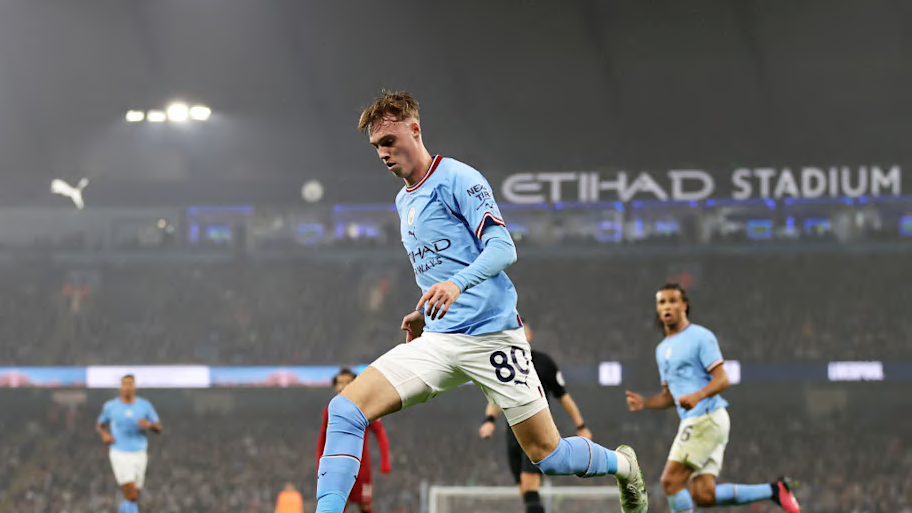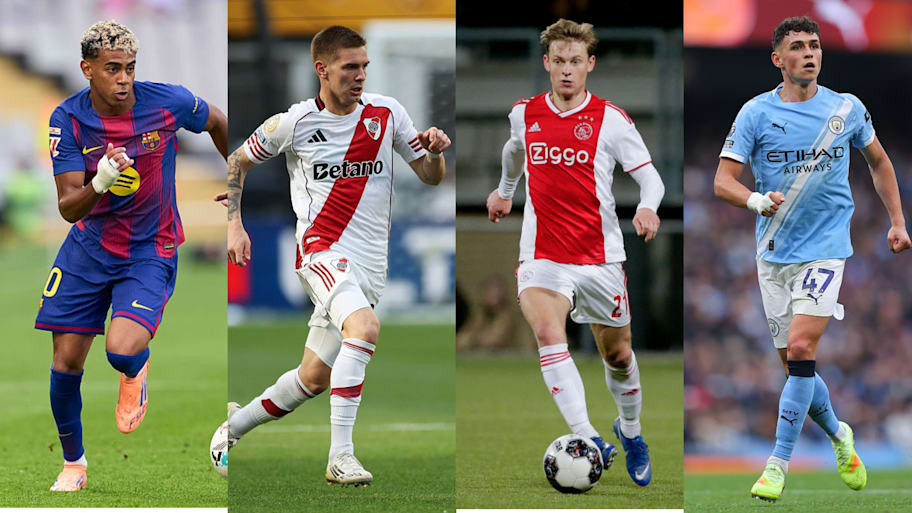Benfica have been rated as having the best academy in world football in 2025, in terms of the talent produced by the Portuguese club.
CIES Football Observatory has compiled a ranking of top 100, based on the number of active professional players across 49 global leagues analyzed. Clubs have been given an index score that also takes into account the quality and level that those players are at, as of October 1, 2025.
The standard of player produced by Barcelona, of which there are 76 active in the leagues analyzed, is considered higher than that of River Plate, who have 97 academy graduates active at clubs around the world. Barça rank second overall, with River Plate third.
Ajax, Boca Juniors and Sporting CP, all clubs renowned for developing home-grown players that may ultimately go on to enjoy their best years elsewhere, feature in the top 10. So do Real Madrid, whose much lower number of active academy graduates (58) than all the clubs ranked around them, suggests a high level.
Reigning European champions Paris Saint-Germain, whose local catchment is one of the world’s greatest breeding grounds of football talent sneak inside the top 20, with Manchester City ranked 21st. Arsenal and Chelsea are 48th and 50th respectively, while Bayern Munich and Manchester United are a few places further back in 54th and 56th respectively.
As many as 30 countries are represented by the clubs that rank inside the top 100, with Argentina (15) and Brazil (11) accounting for 26% of all the teams listed. South America as a continent is heavily represented, with clubs from Colombia, Peru, Chile and Venezuela also featuring.
To be considered an academy player at a particular club for the purpose of the research, a player must have been registered for at least three years between their 15 and 21st birthdays.
La Masia Continues to Produce
With Lionel Messi still going strong with Inter Miami at the age of 38, Barcelona’s youth production line hasn’t slowed down over the past two decades. Just this week, seven of the club’s starting lineup for the 6–1 Champions League win over Olympiacos were La Masia graduates.
‘The Farmhouse’, as it is known in English, began housing youth prospects in 1979, all trained in the same way influenced by Johan Cruyff and the Dutch model of Total Football. Cruyff himself oversaw the first top-class wave of graduates into the first-team when he returned as manager in 1989, including a certain Pep Guardiola. In 2010, Barcelona was the first club responsible for each of the top three in the Ballon d’Or standings—Messi, Xavi, Andrés Iniesta.
And while the original farm building, dating back to 1702, closed its doors as a talent dormitory in 2011 and all training was moved to a new facility that year, the spirit of La Masia lives on.
Man City the Top-Rated Premier League Academy

The academy that produced and/or honed Phil Foden, Cole Palmer, Rico Lewis, Nico O’Reilly, Tosin Adarabioyo, Kieran Trippier, Aleix García and 43 other players in the 49 leagues analyzed for this study belongs to Manchester City—the best-rated in the Premier League.
Even before the Abu Dhabi purse arrived in 2008, City have long had a reputation for developing talent. But the enormous investment in infrastructure over the past 17 years—creating the Etihad Campus as a hub of footballing excellence—has taken things to new levels.
CIES Football Observatory: Top 100 Academies in the World—2025
The table below shows the full ranking of all 100 club academies from the CIES Football Observatory, with Sports Illustrated adding the name of a notable graduate from each.
READ THE LATEST SOCCER NEWS, TRANSFER RUMORS AND MATCH REACTION
This article was originally published on www.si.com as Top 100 Best Academies in World Soccer—Ranked.
